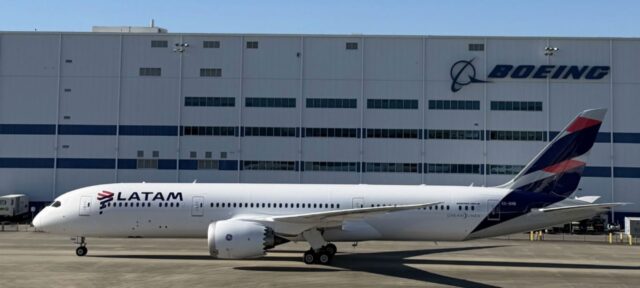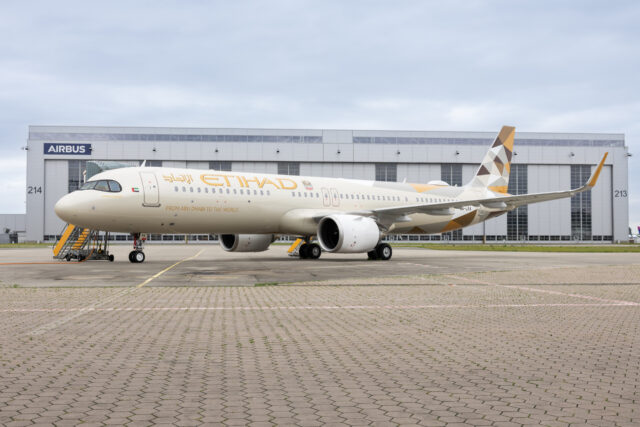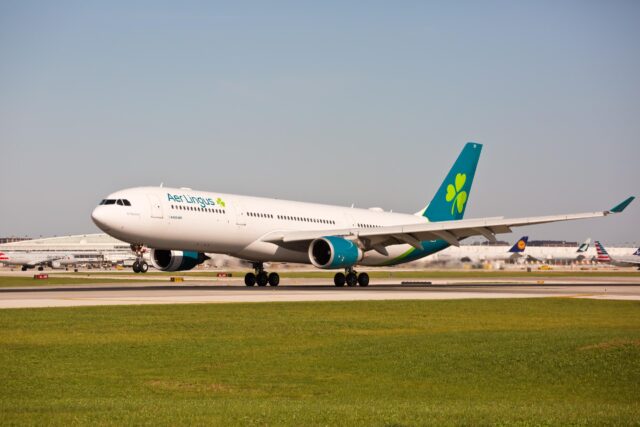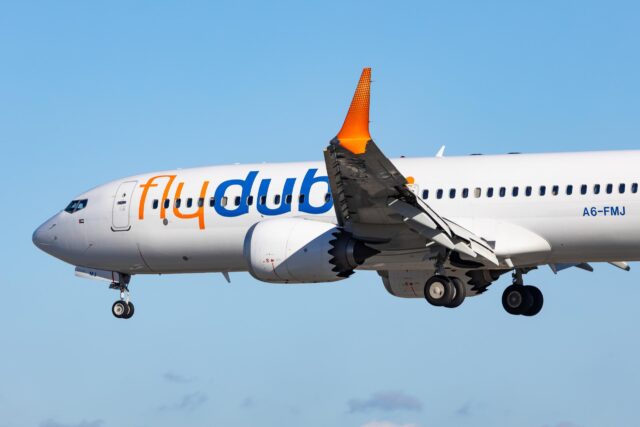Airbus awarded next stage of ESA’s TRUTHS mission
Airbus has been awarded the latest phase in the European Space Agency (ESA) TRUTHS mission as part of ESA’s
programme.
The contract covers detailed definition of the mission and…

Airbus has been awarded the latest phase in the European Space Agency (ESA) TRUTHS mission as part of ESA’s
programme.
The contract covers detailed definition of the mission and payload, and focuses on payload development and de-risking activities with an option for the procurement of long lead time hardware ahead of the full implementation phase following the 2025 ESA Ministerial budget meeting.
The contract is worth €109.3 million including options and was signed at COP28 in Dubai.
Earth Observation Earth Watch
The TRUTHS satellite mission will measure the Sun’s radiation and the sunlight reflected off Earth’s surface relative to an accurate reference, which will then be used to improve the climatological data sets and calibrate the observations of other satellites.
This space-based climate and calibration observing system will enable data from other satellites to be compared more easily providing greater standards of data harmonisation for even more accurate climate change forecasts.
Jean Marc Nasr, Head of Space Systems at Airbus said: “This contract takes us one step closer to building a mission that will enable scientists and climatologists to cross reference their measurements and data enabling much more accurate forecasts and analysis in a shorter time.
TRUTHS will provide the gold standard of calibration for space -based Earth observation – a kind of ‘standards laboratory in space’.”
ESA’s Director of Earth Observation Programmes, Simonetta Cheli, said: “We are glad to award the contract to Airbus in the UK to take their work on developing TRUTHS into the next all-important phase.
“We see here at COP28 that the world is committed to climate action and having reliable data on which to base decisions is of the utmost importance. TRUTHS will be used as a benchmark so that data from other satellites can be compared more easily, thereby improving reliability.”
Subscribe to the FINN weekly newsletter
















